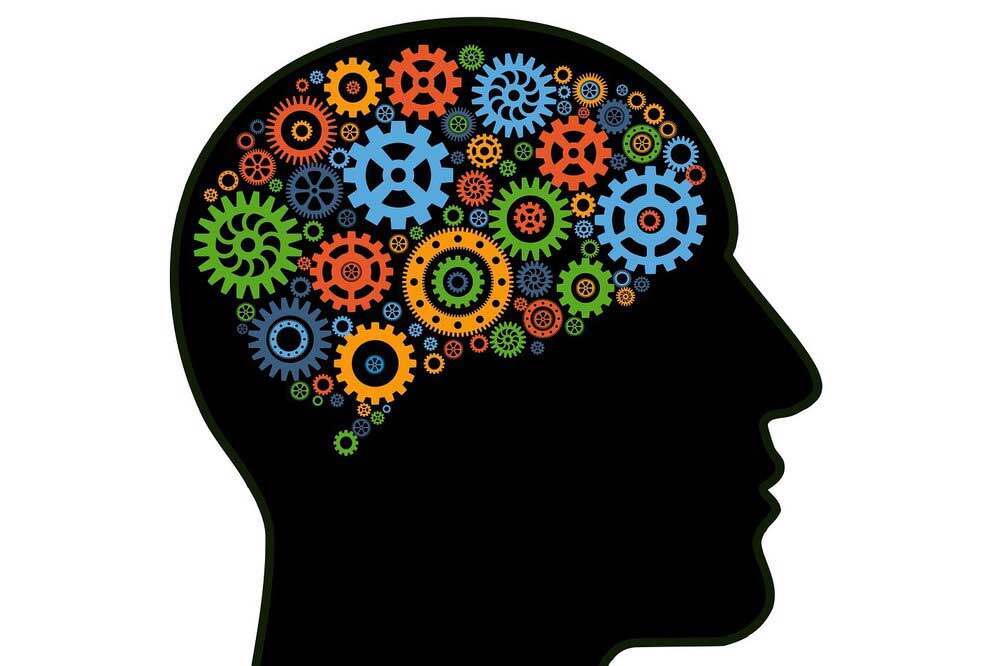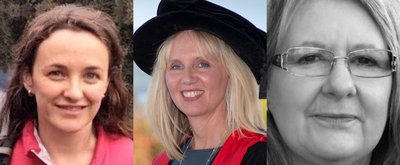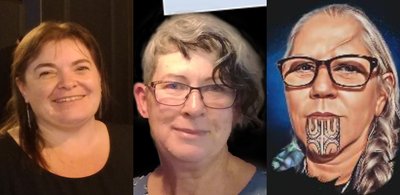Academics in the College of Humanities and Social Sciences have been working to identify the challenges neurodiverse students may encounter, and ways to support them during their time at university.


School of People, Environment and Planning Lecturer Dr Natalie Mathews says neurodivergent students aren’t necessarily obvious. “It might be that student you see struggling, missing deadlines, or that startles you with the disconnect between their in-class brilliance and their written work. Conversely, they might be the diligent student who asks for material in advance and is good at seeking feedback on their assignment drafts. Or, they might fly under your radar entirely, and you might miss the mammoth effort that they are pouring into belonging here.”
School of Psychology Lecturer Dr Kathryn McGuigan says, “Our vision is real inclusivity where the teaching, tertiary experience and strategic policies make Massey a safe place to study and work having a diverse mind. We are developing a project called Diverse Minds @ Massey to help achieve this. This comprises Communities of Practice for Dyslexia, ADHD, and Autism.”
“Dr Sharon Crooks, who is also a Lecturer in the School of Psychology, and I are collecting data for a research project investigating the experiences of tertiary students who identify as neurodivergent. And collectively we are working on research, resources, increasing awareness, creating and supporting communities of care for students and staff,” Dr Guigan says.


Teaching Consultant Dr Linda Rowan says, “We know from our research that reading academic texts is difficult for students with dyslexia, but we don’t know what approaches these students use to manage the amount and content of the readings that they encounter in their courses. This is the inspiration behind a new project for Dyslexia Awareness Week (3 – 9 October), asking dyslexic students how they manage reading requirements at the University.”
You can find out more here.
What is neurodiversity?
The term Neurodiversity (ND) was originally coined in the late 1990s, to represent Attention Deficit Hyperactivity Disorder (ADHD), Autism (now Autism Spectrum Disorder or ASD), and Dyslexia.
School of People, Environment and Planning Lecturer Dr Ruth Gibbons says, “Neurodiversity also refers to the idea that people perceive and interact with the world around them in a variety of ways; there is no one ‘correct’ way of thinking, learning, or acting, and differences are not seen as weaknesses.”
Māori Literacy Expert Te Awatea Ward says, “We know that within Aotearoa New Zealand statistics for neurodiversity are difficult to obtain and even harder if wanting to know the number of Māori and Pacifica who would come under this label.”


The Ministry of Health estimates that one in 100 people are autistic and Altogether Autism suggest that, based on international numbers, one to two per cent of New Zealanders are autistic (50,000-100,000 people). ADHD statistics suggest one in 20 people have ADHD, or five to seven per cent of our population. Dyslexia is conservatively estimated in New Zealand at one in 10 people, however internationally numbers are suggested at one in five.
Neurodiversity in universities
It is also difficult to find accurate numbers of tertiary students in Aotearoa New Zealand who are neurodivergent, Dr McGuigan says.
“Part of the difficulty in gaining accurate numbers is getting a diagnosis for ADHD, autism and dyslexia because of costs, cultural acceptance of diversity, and stereotypical (mis)understandings.”
ADHD community of practice says, “For example, autism and ADHD have been historically more recognisable in boys and men, compared with girls and women. Often ND students at tertiary institutions who self-identify as ND without an official diagnosis are unable to access formal support. While 44 per cent of students registered at Massey with the Disability Services identified as dyslexic or ADHD in 2021, there are many students who do not disclose because they do not feel safe or do not want to be judged or do not have the resources to get a diagnosis.”
According to Dr McGuigan, ND students might struggle with everyday study tasks such as note taking, organising, and meeting deadlines, timetables, orientation to physical environment and managing their time. They may face challenges with communication, accessing support from disability services, group work, sensory overload, self-advocacy, comprehension and study habits. These students often don’t seek extra support as they are unaware of what is on offer.
“ND students at tertiary institutions can bring unique qualities such as diverse, creative and innovative thinking. These qualities are getting increased recognition in the job market as well,” Dr Mathews says.
“Despite the challenges ND students face, there are also many successes. For example, first year student Lily Neilson presented at the Grand Ideas competition this year and got third pitching a neurodiversity awareness project,” Dr Crooks says.
Student experiences
Dr Gibbons’ research participant Amanda says, “It seems that dyslexics seem to be taught that there is something missing or something wrong with them. That because we can’t do things that others find easy, we learn to feel inadequate. This is simply not true!”
An autistic student also mentioned other challenges, such as note taking, self-advocacy, and communication with lecturers/tutors being very challenging because it is difficult to find a common language.
First year student Emily has ADHD. She failed two of her courses in first semester, putting it down to being overwhelmed with the transition from high school. When asked to comment on how Massey might make that transition easier, she suggested, “Hopefully by the time more high school students come through, there will be a [neurodiversity] club or a group or a noticeboard or something to advocate and say, You’re not alone.”



































